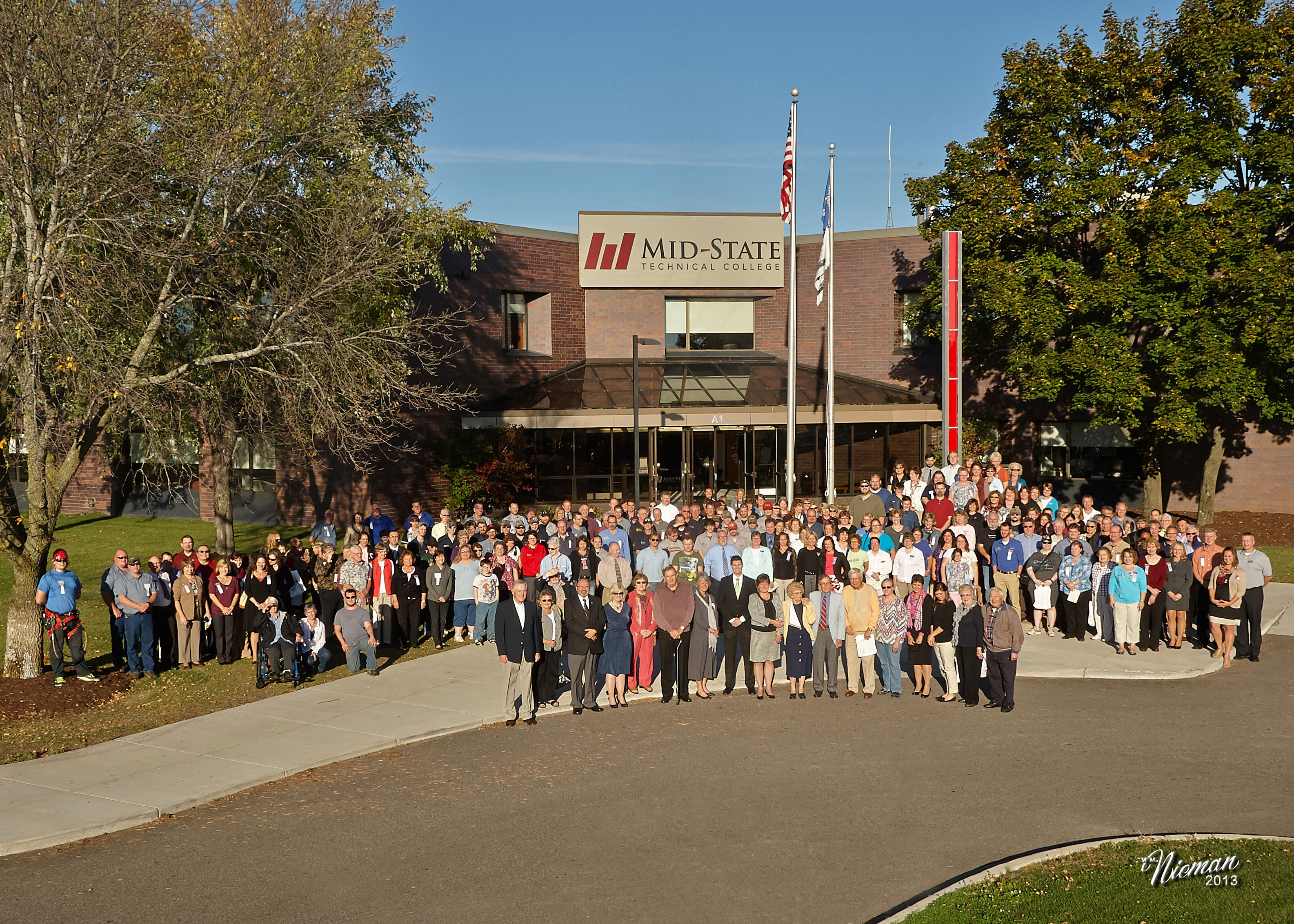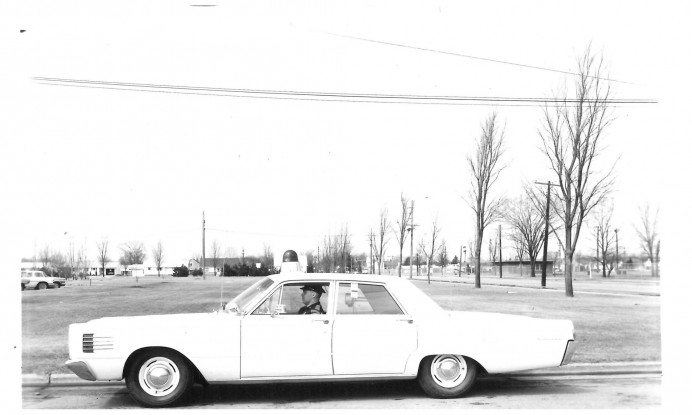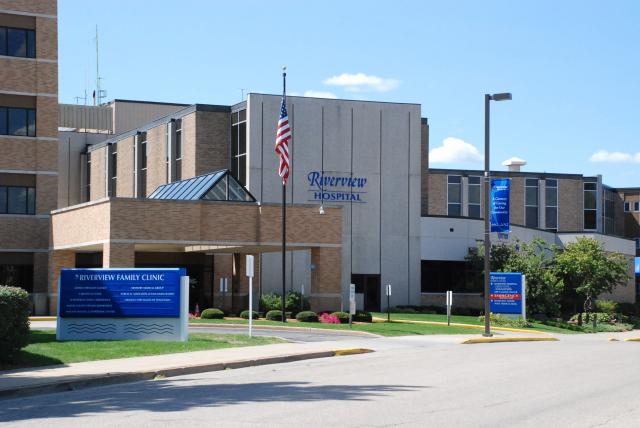PD Seeking Additional Narcotics Detective

By Jacob Mathias
With increasing amounts of heroin and methamphetamine entering the Wisconsin Rapids area, law enforcement is seeking more help to curb the problem.
At a meeting of the city’s Human Resources Committee on December 1, police department officials and detectives met with committee members to discuss the need for an additional narcotics detective to be added to their staff. With what police called substantial increases in drug use and dealing, the current narcotics detective can’t fulfil the needs required by the community.
“Heroin has become obviously of epidemic proportion,” said WRPD Chief Kurt Heuer. “It’s effecting a lot of communities throughout our state and nation. It’s alarming at the level we’re seeing it here.”
He said the department is responding to drug overdose cases on a weekly basis and overdose deaths are being treated as homicides.
WRPD Detective Nate Reblin said it’s difficult to investigate the drug cases, especially those involving dealers because it involves reliance on informants, undercover drug buys, vehicle tracking and backtracking across small details. One case he outlined took 15 months before an arrest could be made following a search.
“He’s not getting to everything he needs to get to with the information that’s coming in,” said Heuer. “He’s doing an outstanding job…with other detectives assistance both internally and with our Central Wisconsin Drug Task Force but yet I think still coming up short in addressing all the information that’s coming into the agency.”
Reblin said the department’s current drug case load is comparable to that of Madison, Milwaukee or Green Bay. District 2 Alderman Todd Ferkey asked by Wisconsin Rapids was such a magnet for drug activity. There wasn’t a single answer.
Reblin said a lack of professional employment, lower middle class incomes, an abundance of low-income housing, shortage of industry and a centralized location near source cities such as Appleton, Milwaukee and Madison attract heroin suppliers and users.
“(Wisconsin Rapids) has been referred to by other informants and defendant’s as Little Milwaukee,” said Reblin.
He said he’s had drug using informants who have left the city to return to Milwaukee because drugs weren’t as readily available there as in Wisconsin Rapids.
Detective Julie Buerger said methamphetamine and heroin is affecting every neighborhood in the city.
The increased drug use also adds to additional work for patrol officers as personal and property crimes such as theft, prostitution, counterfeiting and robbery increase as drug users seek additional income sources to feed their addictions.
“If we find somebody with meth or with heroin, there’s stolen property,” said Deputy Chief Randy Jahns. “If there’s stolen property, there’s meth or heroin. There’s such a close tie right now in those two things.”
The salary for a detective is about $96,000 but since the city’s 2016 budget has already been finalized, the source of the new detectives salary is unknown. Overtime costs for the detective are paid in part by grants received by the Central Wisconsin Drug Task Force.
The discussion will continue at the next Human Resources Committee meeting on January 5 at 4:00 PM.






